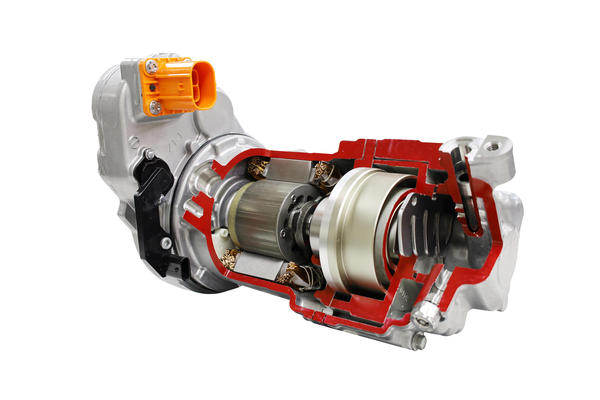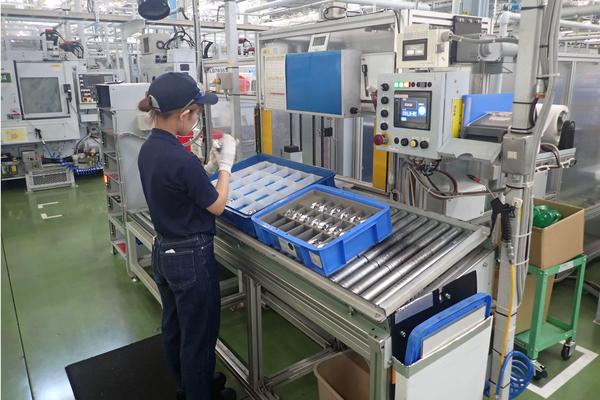Toyota Industries to Construct a 10-million Unit Production Capacity for Electric Compressors
~ Responding to the growing global demand for electrified vehicles and diversification of compressor performance needs ~
[Translation]
Toyota Industries Corporation (President: Akira Onishi) will increase the capacity of machining line of its Higashiura Plant and its Chinese subsidiary TACK*1, assembly line of its Kariya Plant and construct a 10-million-unit global production capacity to respond to the growing demand for electric compressors for car air conditioners amidst the global electrification of automobiles. In particular, the Higashiura Plant which manufactures shells, rotors and other key components for compressor functions will be expanded to approximately double the size of the current plant and a new machining line for electric compressor components will be constructed, with production beginning in October 2022.
The global market for electric compressors is growing rapidly in line with the spread of electrified vehicles*2. It is expected to expand from 10 million units in fiscal year 2021 to 20 million units in fiscal year 2023*3. As a company with the top market share*4 in the compressor market, Toyota Industries aims to achieve a 50% global market share for electric compressors and sales of 10 million units. It is also considering the further expansion of its production capacity, including production at its subsidiaries in Europe and the United States, to respond to market expansion over the medium term.
In addition to responding to this growing demand, Toyota Industries will also work to improve the product appeal of electric compressors as a core component in the thermal management of battery electric vehicles (BEVs).
In BEVs, which are equipped with many electronic devices including batteries, thermal countermeasure technology is important technology that determines cruising range, charging time and battery life. Compressors for BEVs are responsible for cooling not only the vehicle interior but also electronic equipment, thus requiring them to have high cooling capacity. In addition, BEVs are increasingly adopting heat pump heating systems that are driven by compressors as they cannot use engine waste heat for heating. As a result, compressors for BEVs must have durability performance for heating and cooling.
Toyota Industries' ESH34 electric compressor, which meets these needs, was adopted for use in Toyota's new BEV bZ4X, unveiled in April 2022, due to its cooling capacity and durability performance. Toyota Industries has also introduced the high-capacity type ESH41 to the market, which is compatible with larger batteries and electronic devices. The ESH41 has received high evaluations from overseas vehicle manufacturers.
Toyota Industries Corporation will continue to promote the development of electric compressors that can withstand even larger capacities and higher voltages, meeting the diverse needs of its customers while contributing to the spread of electrified vehicles and the realization of a carbon-neutral society.
*1: TD Automotive Compressor Kunshan Co., Ltd.
*2: Referring to hybrid electric vehicle, plug-in hybrid electric vehicle, battery electric vehicle, and fuel cell electric vehicle
*3: According to IHS Markit and in-house research
*4: According to in-house research
[Overview of Higashiura Plant]
| Address | Higashiura-cho, Chita-gun, Aichi |
|---|---|
| Start of operations | 2002 |
| Plant area (after expansion) | 52,000 m2 |
| Business description | Machining of compressor parts for car air-conditioners |
[ESH41 Product Specifications]
| Type | ESH41 |
|---|---|
| Dimensions (barrel diameter x length) |
φ130 × 263mm |
| Weight | 7.2kg |
| Discharge | 41cc |
| Cooling capacity | 10.8kw |
[ESH41 Features]
- 40% increase in cooling capacity through increased capacity and rotation speed compared to conventional cooling capacity focusing on vehicle interiors
- More than double the lifespan of existing products due to a review of the structure
- Increased compactness, weight reduction, efficiency and quietness while maintaining product appeal, which are strengths of the company's products


